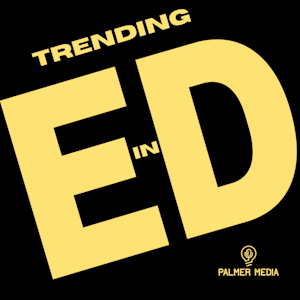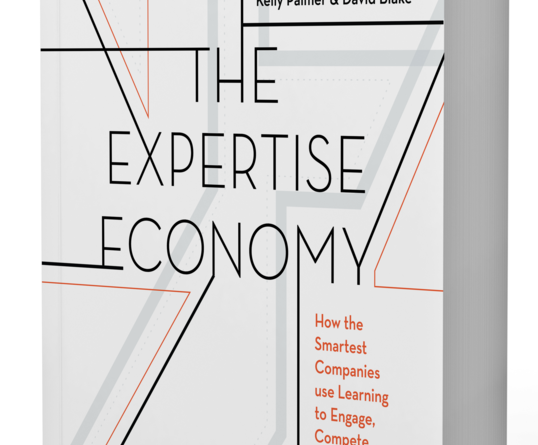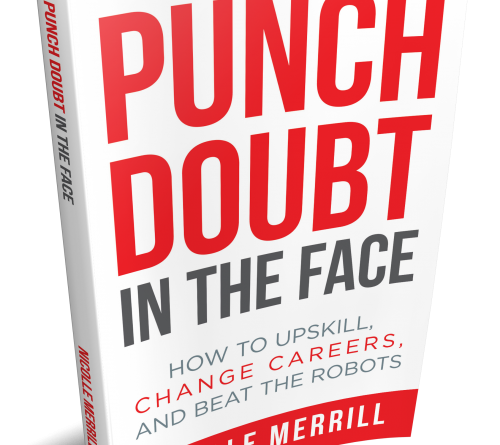Exploring the Expertise Economy with Kelly Palmer
Kelly Palmer is the author of The Expertise Economy: How the smartest companies use learning to engage, compete and succeed, which focuses on the urgent need to upskill the workforce with the skills needed most for the future of work. She’s been published in Harvard Business Review, MIT Sloane Management, Bloomberg, The Financial Times, Forbes, and Fast Company among others.
Read More


